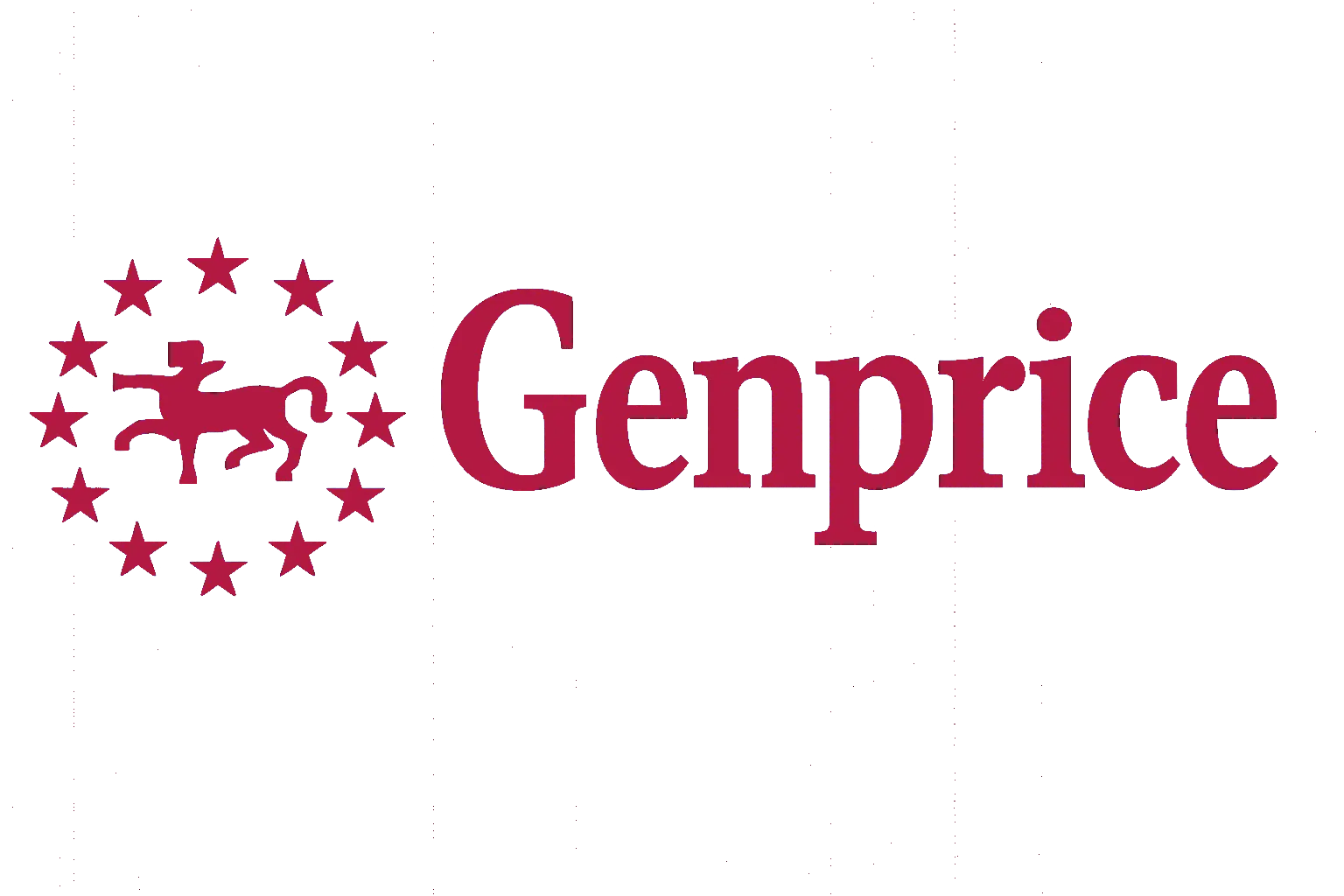Next Gene Sequencing
Next Generation Sequencing (NGS) services give researchers a fast and accurate way to study DNA and RNA. Unlike older sequencing methods, NGS can process millions of fragments at once, cutting down both time and cost. In many labs, this approach is now standard for whole-genome sequencing, transcriptome studies, targeted panels, and epigenetic analysis. The technology makes it easier to detect mutations, measure gene expression, and explore complex traits in cancer, infectious disease, neuroscience, and developmental biology. Gentaur provides optimized workflows and expert support, so scientists can move from raw samples to reliable data without unnecessary delays.

Exome Sequencing
Gentaur Exome Sequencing focuses on the protein-coding regions of the genome, where most disease-related variants are found. Instead of sequencing the entire genome, this method targets exons, giving researchers a cost-effective way to detect mutations that affect gene function. In practice, exome sequencing is widely used in cancer research, inherited disease studies, and clinical genetics to uncover variants linked to health and development. Many labs also apply it for rare disease discovery and population studies. The workflow delivers high coverage, reliable variant calling, and clear data interpretation, helping researchers move from raw DNA to actionable insights with fewer steps.
Library Preparation Kits
Gentaur Library Preparation Kits are built to make sequencing-ready sample prep easier and more consistent. Whether you're working with DNA or RNA, these kits guide you through adapter ligation, indexing, amplification, or cleanup in a way that saves time in the lab. Many labs choose these kits because they minimize handling steps and reduce technical variability. They suit different sample types from low input amounts to degraded RNA or DNA and are compatible with major sequencing platforms. With Gentaur's reagents and quality control, you get reliable libraries, fewer failed runs, and cleaner data downstream.
Methylation Sequencing
Methylation Sequencing provides researchers with a clear way to study DNA methylation across the genome. This method shows where cytosine bases are methylated, helping scientists understand how epigenetic changes control gene expression. In practice, methylation sequencing is widely used in cancer research, developmental biology, and neuroscience to link DNA modifications with changes in cell behavior. Many labs also apply it to aging studies and environmental epigenetics. The workflow supports whole-genome methylation mapping as well as targeted regions, giving flexibility depending on the project. Gentaur offers optimized protocols and reliable reagents so researchers can focus on results rather than technical obstacles.
RNA Sequencing
Gentaur RNA Sequencing puts gene expression in full focus. Instead of looking at DNA alone, this method lets you track which genes are active in your sample fresh, frozen, or cultured cells. Many labs rely on RNA-seq to spot changes in expression between conditions, identify alternative splicing, and even catch unexpected transcripts. It’s a powerful tool in disease research, developmental studies, immunology, and neuroscience. We streamline the workflow step by step sample prep, clean library construction, and clear data output so you spend less time troubleshooting and more time exploring insights.
Whole Genome Sequencing
Gentaur Whole Genome Sequencing analyzes all of an organism’s DNA coding and non-coding regions to give a complete view of genetic variation. Instead of focusing only on specific genes or exons, this method captures everything, making it ideal for discovering new mutations, structural variations, and inherited traits. Many researchers use WGS in studies of rare disease, population genetics, cancer biology, and pathogen genomics. The workflow is built for high coverage, accurate variant calling, and consistency from sample prep to data output.





